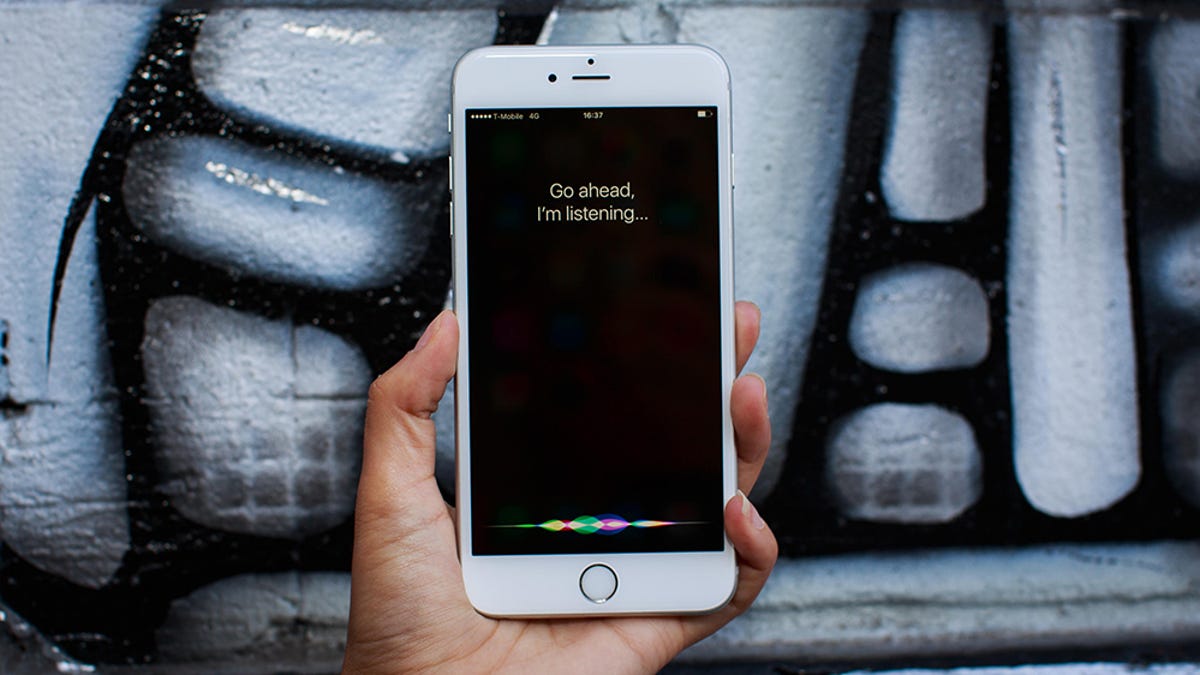Apple earnings may be hung up by iPhone -- again
The company will report fiscal third-quarter financial results Tuesday. Based on sluggish demand for the iPhone, it probably won't be pretty.

How low can iPhone sales go?
That's the question Apple followers are hoping CEO Tim Cook will answer Tuesday during the company's quarterly earnings report.
The past few quarters, in terms of financials, haven't been standouts for Apple. Yes, the company is still making money, a lot of money, with quarterly sales totaling over $40 billion over the past couple years. And it has more than $233 billion in cash, on par with the GDP of Ireland.
But its cash engine -- the iPhone, which accounts for about two-thirds of sales -- isn't running as strongly as many would like. In April, Apple reported its first-ever drop in smartphone sales, with fiscal second-quarter unit shipments down 16 percent from the previous year to 51.2 million.
Since introducing the iPhone in 2007, Apple has sold about a billion iPhones in total. (The company is expected to reach that milestone this month.) Apple is the No. 2 seller of smartphones in the world behind Samsung. The problem is that phones have become a bit blasé. In places like the US, nearly everyone who wants a phone has one. Meanwhile, economic woes have hurt sales in China.
Cook, who marks his fifth anniversary as CEO in August, has tried to expand beyond the iPhone with new gadgets like smartwatches and services like streaming music. And of course, there are those Beats headphones.
But the markets for wearables and the like aren't as large as for smartphones -- about 335 million phones were sold around the world in the first quarter, according to data tracker IDC. That compares with fewer than 20 million wearables shipped in the same period, the firm said. IDC estimated that Apple Watch sales for the most recent quarter likely dropped 55 percent. Apple doesn't share sales data on its watch.
"All indications are they'll be down in every category," Tim Bajarin, a longtime Apple analyst and head of Creative Strategies said. "This quarter, the big question is: Is this the new normal?"
Apple's third fiscal quarter, which ended in June, is typically its weakest sales period of the year. Its latest iPhones, the 6S and 6S Plus, were introduced last September. And expectations of new devices coming this September, per usual, prompt many people to hold off buying a new iPhone until the next one is out.
But this year's third fiscal quarter might be even worse than usual, analysts say, with iPhone sales expected to fall to about 40 million units from 47.5 million last year. In that same period last year, iPhone sales were lower than analysts expected, but the number of devices sold still jumped 35 percent from 2014.
Apple didn't have a comment ahead of its earnings report.
Smartphone woes
Customers' reluctance to trade up their old phones for newer models has hurt nearly every phone maker in the industry. Apple archrival Samsung saw its phone sales and market share fall for two years, though the South Korean electronics maker seems to finally be showing some signs of life.
Earlier this month, Samsung said it expects to report its best quarterly results in two years, boosted by strong sales of its Galaxy S7 phone. The company released its flagship phone a month earlier than normal -- March instead of April -- and returned many beloved features, like water resistance and expandable flash memory. That was enough to get consumers buying again.
It's unlikely Apple experienced the same resurgence last quarter, analysts say. Along with a decline in iPhone sales, iPad sales likely dropped for the 10th straight quarter as people have turned more and more to their larger screen phones for the tablet experience. Mac and Apple Watch sales probably also suffered.
Overall, Wall Street expects Apple to report earnings of $1.38 a share on sales of $42.1 billion. Apple told them to expect $41 billion to $43 billion in revenue.
"Expectations remain very low," Wells Fargo analyst Maynard Um noted.
But that means anything positive could boost Apple shares. The stock is down 6.3 percent so far this year, closing Friday at $98.66.
Looking ahead
What Wall Street is really looking for Tuesday is what Apple expects in the back-to-school shopping season, which ends in September. That period typically gets a boost from the first days of new iPhone sales. It's also a signal of how well Apple thinks its new phone will sell.
Right now, analysts polled by Thomson Reuters expect Apple's fiscal fourth-quarter revenue to total $45.8 billion, down about 11 percent from same quarter last year.
Apple has gotten into a pretty steady cycle with its devices since the first iPhone went on sale. Every other year, it makes big design changes to its smartphone. The off year is the "S" cycle, with most of the changes in those in-between models coming under the hood, like a better camera or faster processor.
If Apple continues that pattern, the iPhone 7, expected in September, should offer big design changes. So far though, rumors suggest a pretty minor update. Reports say the iPhone 7 will look essentially like last year's iPhone 6S. Why the possible change in approach? Apple may be saving its biggest updates for next year to mark the 10th anniversary of the iPhone.
"Investors will increasingly look forward to the 2017 iPhone cycle," Morgan Stanley analyst Katy Huberty told investors in a report Thursday. She expects "several potentially revolutionary features" to launch in the device expected just over a year from now, including changes to the display and battery life.
But that means the rest of this year and much of next could be pretty ho-hum for Apple. We'll get the first hints of what to expect on Tuesday.

